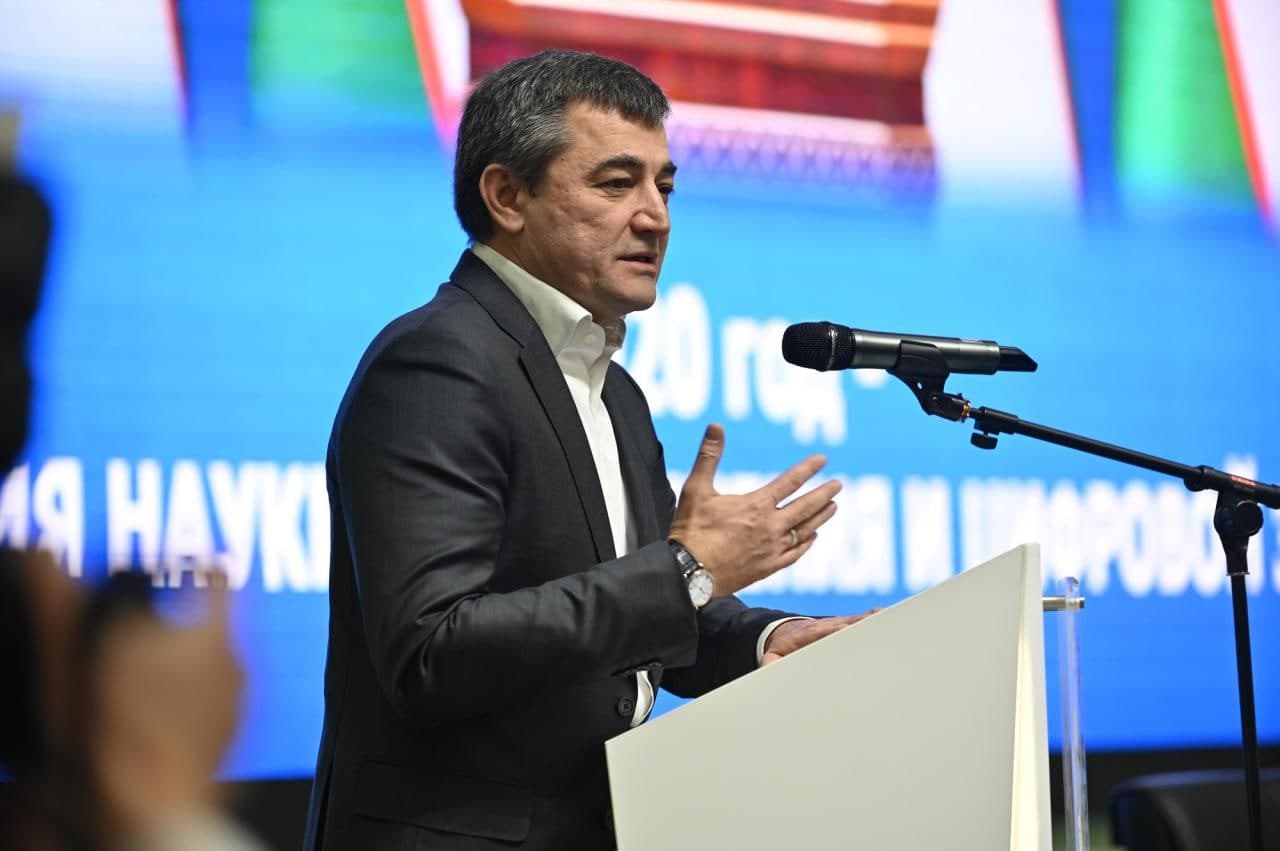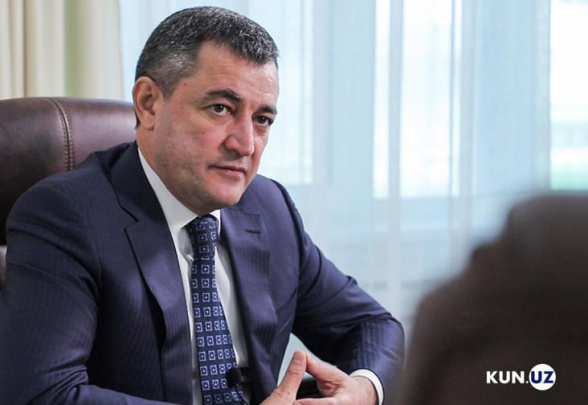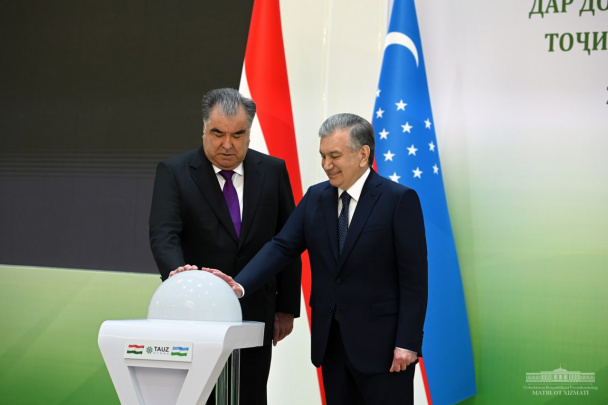“Uzbekistan and Tajikistan will build two hydropower plants on the Zarafshan River” – Alisher Sultanov
During Shavkat Mirziyoyev’s visit to Dushanbe, a number of documents were signed, including cooperation agreements in the energy sector. Kun.uz correspondent covering the visit spoke with Energy Minister Alisher Sultanov.

- Alisher Saidabbosovich, what energy agreements have been signed with Tajikistan with the participation of heads of state?
- We all know that energy cooperation with Tajikistan is very important. Our joint projects are also huge. In particular, an agreement was signed between the Government of the Republic of Tajikistan and the Government of the Republic of Uzbekistan on the construction of hydropower plants in the Zarafshan river basin.
According to the agreement, the construction of hydropower plants in the Zarafshan river basin of the Republic of Tajikistan will be carried out in two stages.
In the first stage, the construction of the “Yovon” hydroelectric power station with an average capacity of 800 million kilowatt-hours of electricity per year, with a capacity of 140 megawatts and a forecast cost of $282 million will be completed.
In the second stage, the possibility of building the “Fandaryo” hydroelectric power plant with an average capacity of 600 million kilowatt-hours of electricity per year, with a capacity of 135 megawatts and a forecast cost of $270 million will be studied.
A joint-stock company established with the participation of the parties will be appointed as the project customer. The project will be financed by loans and grants from international financial institutions, as well as own funds of the parties to be included in the JV charter capital.
- What changes will the implementation of these agreements lead to in the energy supply of Uzbekistan?
- The signed agreement defines the stages and mechanism of the study and preparation of the investment project and the establishment of a joint venture for the implementation of these measures.
As for what this will give to Uzbekistan’s energy supply, it should be noted that the hydropower plants under construction will produce 1.4 billion kilowatt-hours of environmentally friendly electricity for the needs of the Republic of Uzbekistan.
In addition, during the construction and operation of hydropower plants, additional new jobs will be created, which will provide electricity to other regions of Uzbekistan and Tajikistan on a parity basis.
- What was the impact of the drought on the plans and are future projects being reconsidered due to this factor?
- It is known that Uzbekistan has been importing seasonal electricity from the Republic of Tajikistan for three years. But this import rate is declining. In particular, according to the mutual agreement, in May-September 2020, a total of 1.2 billion kWh of electricity was supposed to be imported, but in practice it was less – 566.7 million kWh of electricity was imported.
But no one can be blamed for that. There are objective reasons for this. The volume of water in the Vakhsh River decreased sharply, after which the level of the Norak Reservoir decreased. According to the contract signed in May 2021, it was agreed to import 270.0 million kWh of electricity, in practice 197.4 million kWh of electricity was imported.
These natural factors must be taken into account in mutual agreements and calculations.
Related News

15:08 / 27.05.2023
Emergency workers find bodies of two drowned children in Zarafshan River

15:09 / 26.05.2023
Three children drowned in Zarafshan River

10:21 / 19.05.2023
Alisher Sultanov becomes presidential adviser

21:40 / 02.06.2022



